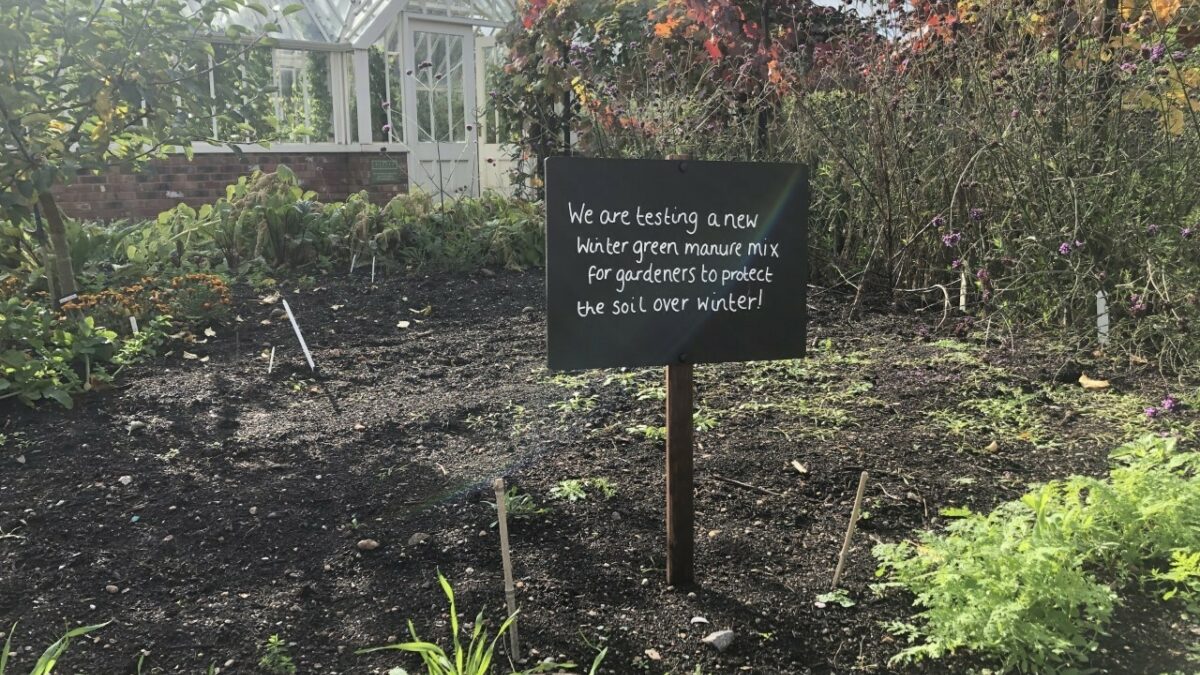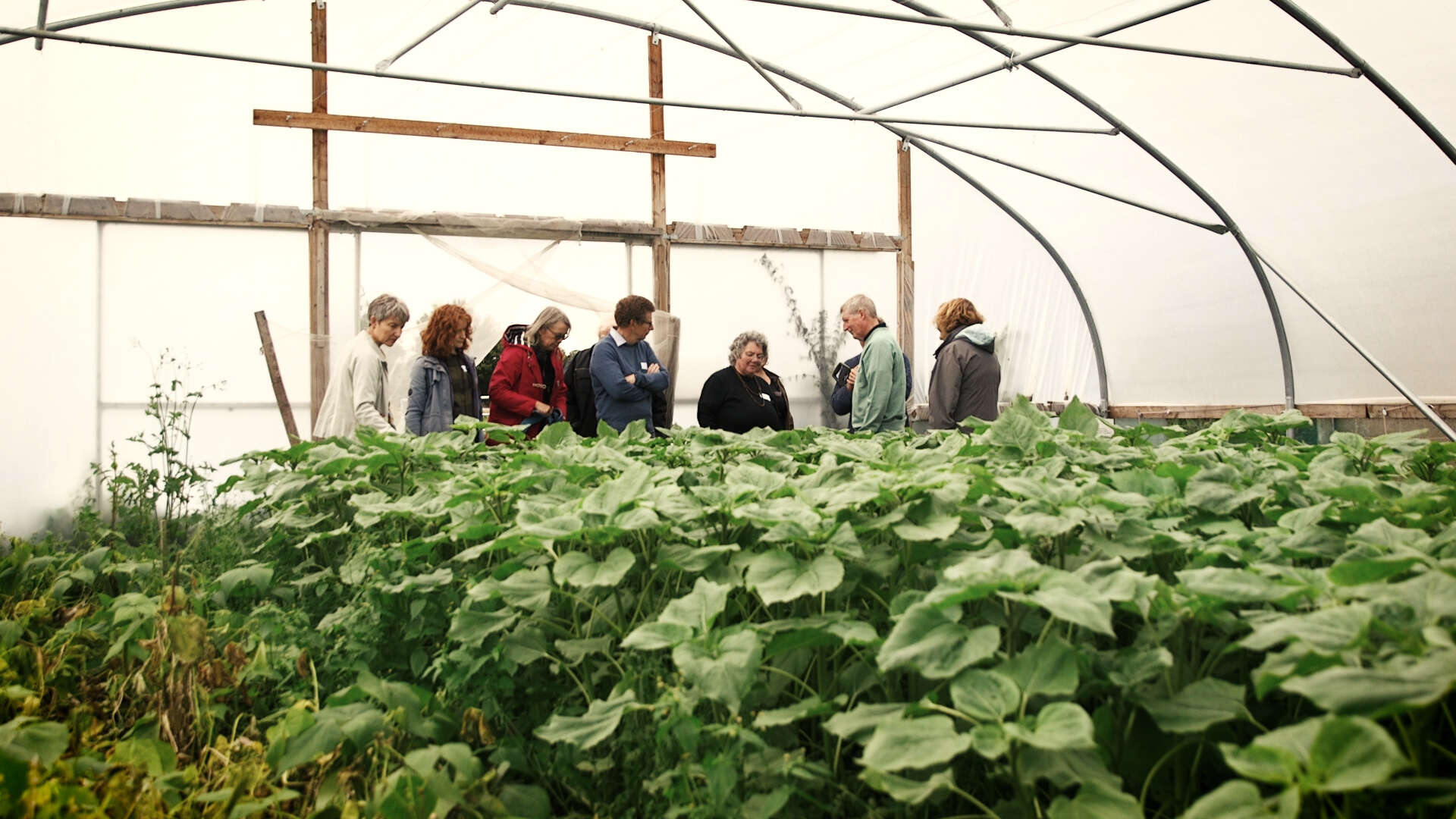
Members' Experiments

Experiments vary in complexity and time required, from trying out a new crop to a simple online survey. The necessary instructions, seeds (where appropriate), and record sheets are usually sent out in the spring and the results are returned to us by Christmas. We collate them and publish the findings in our magazine, Organic Way – they may also be presented at conferences and used in the development of more detailed research studies.
Common themes of experiments include novel crops, comparisons of varieties, gardening techniques, and wildlife surveys. Most of this work is supported by our members but some experiments are run in collaboration with universities or commercial companies.
2024 Members' Experiments
We're running three experiments in 2024. We'll share updates and details about our members' experiments online and in our Organic Matters newsletter. You can sign up for the 2024 members experiments by clicking on the links below:
1. Can companion planting reduce allium leaf miner? - submit your results here
2. Achocha as an alternative crop
3. A survey of beet leaf miner - submit your results here
2023 Members' Experiments
We've ran three members experiments in 2023. We will be sharing the results, once we have collected and analysed all the data. You can still log any data for experiments that are still running by clicking on the links below.
- Are our weeds attracting more beneficials than cultivated plants?
- Amaranth as a crop for a changing climate.
- Evaluating novel over-winter green manure mixes. September 2023 - April 2024.
You can also view the Coventry University report on 60 years of Garden Organic's citizen science activity or view the results from the previous year's experiments in the archive below.